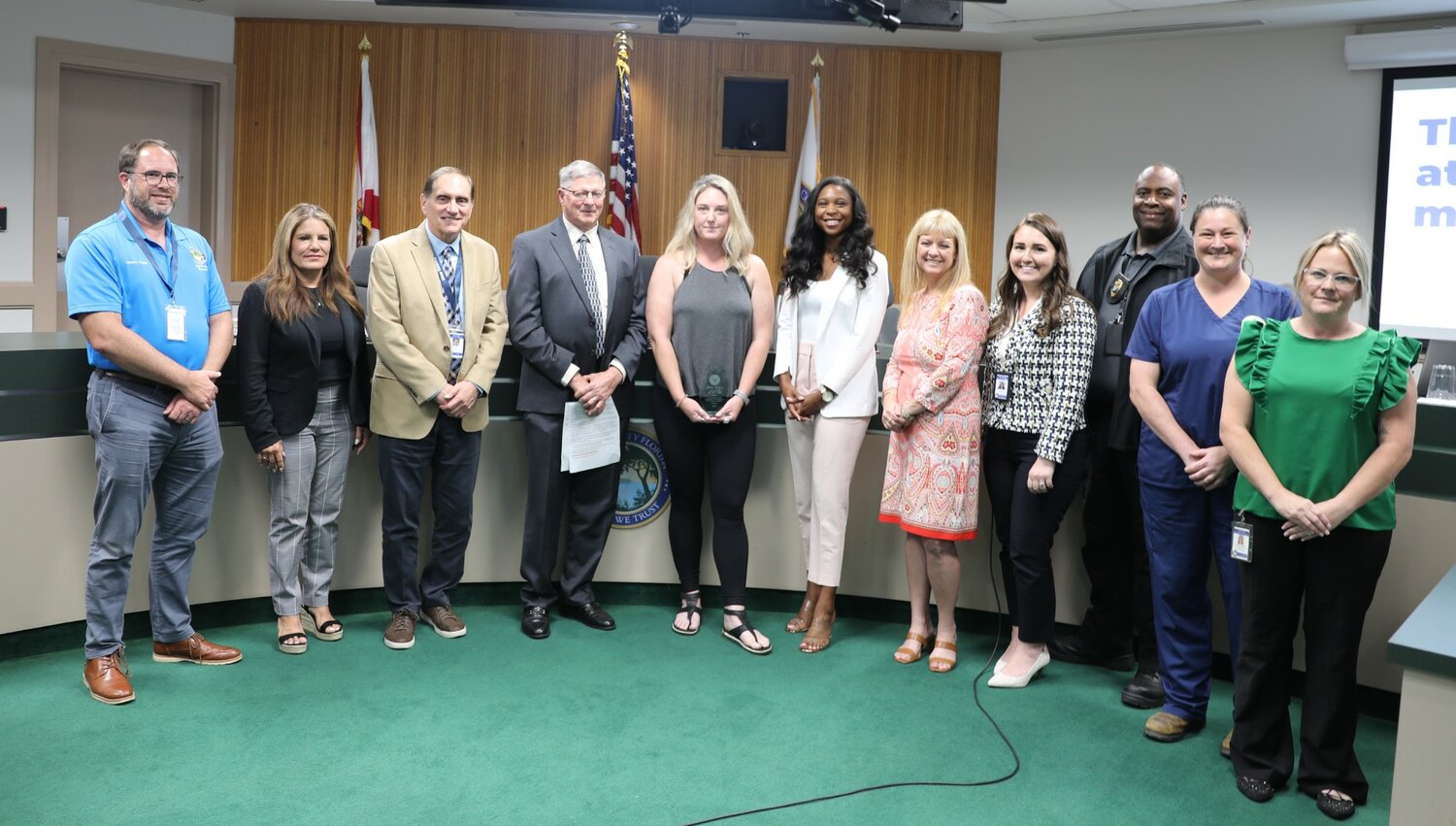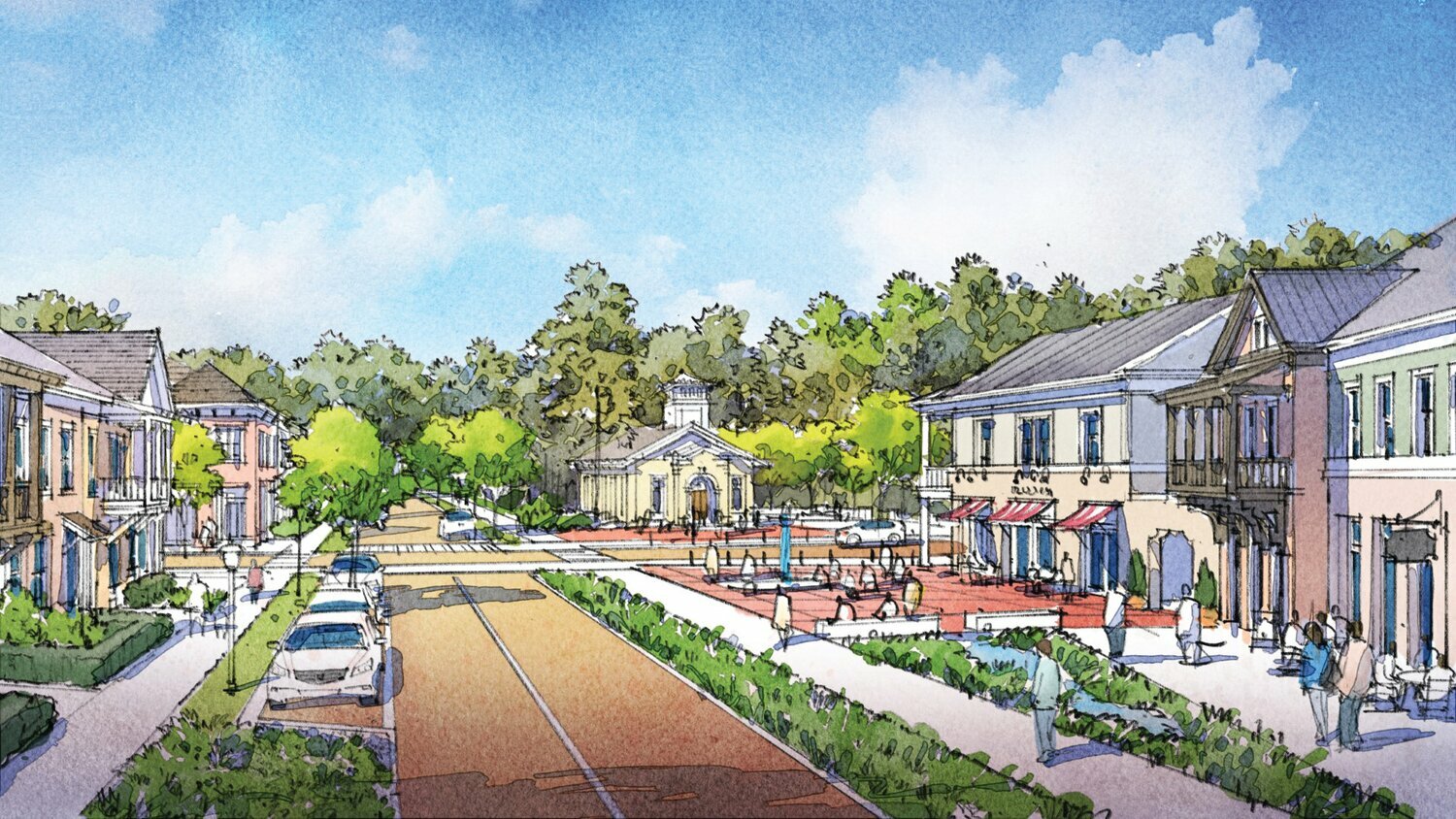BCC closer to defining future recycling plans
Costs, demands likely to restrict collections of corrugated cardboard
GREEN COVE SPRINGS – While the Board of County Commission still hasn’t put the final lid on its final plan for recycling, it took another step toward determining its options for the next fiscal …
This item is available in full to subscribers.
Attention subscribers
To continue reading, you will need to either log in to your subscriber account, below, or purchase a new subscription.
Please log in to continueDon't have an ID?Print subscribersIf you're a print subscriber, but do not yet have an online account, click here to create one. Non-subscribersClick here to see your options for subscribing. Single day passYou also have the option of purchasing 24 hours of access, for $1.00. Click here to purchase a single day pass. |
BCC closer to defining future recycling plans
Costs, demands likely to restrict collections of corrugated cardboard
GREEN COVE SPRINGS – While the Board of County Commission still hasn’t put the final lid on its final plan for recycling, it took another step toward determining its options for the next fiscal year with the possible elimination of collecting plastics and cans.
Clay County Recycling Coordinator Jamey Wilkes to commissioners Tuesday that the combination of reduced volumes of recyclables since the pandemic, added to the amount of unusable trash put in bins and the higher costs for low-value items like plastics and metal cans, makes clean corrugated cardboard the only feasible recyclable that should be collected at the Environmental Convenience Centers and Rosemary Hill Solid Waste Management Facility after Oct. 1.
Wilkes said cardboard is the only recyclable material that is valuable for processing companies.
“During the first quarter of 2024, we collected 786 tons of recyclables from residents at the curb, 30 tons of OCC (old corrugated cardboard) and 756 tons of commingle,” Wilkes said. The OCC was sold to a processor at an average price of $92 a ton. The commingle was sold to a processor at the cost of $85 a ton – a cost to the county of $85. So, taking all this information into account (with) current trends, come Oct. 1, continuing to take care of corrugated cardboard at the (Environmental Convenience Centers) and Rosemary Hill does make the most sense.”
In the past few years, most glass delivered to collection companies is sent to landfills because it’s not clean.
Before COVID, the county collected 525 tons of recyclables a month. After curbside collections were suspended for 15 months during the pandemic, it has collected an average of 262 tons, and nearly 45% is unusable.
Because the costs have increased and the demands for recyclables have declined, Clay County joined other cities and counties in reducing or dropping its recyclable programs.
Currently, residents can have corrugated cardboard, plastics and metal cans picked up curbside weekly, but that service will end on Sept. 1 when FCC Environmental Services assumes the county’s curbside garbage collection contract.
Until then, the BCC said it will continue to look for other solutions.
“This can be done with very small changes to operations and no additional cost to the resident,” Wilkes said of the cardboard-only plan. “This department will continue to analyze the information as it is received, and we will report back in three months.”
In other business, the Council approved plans for the 3,100-acre Agricola development south of Green Cove Springs.
Agricola would be a walkable, self-contained community developed around a village center featuring mixed-use commercial/residential buildings. Pedestrian trails would integrate economic, residential and agricultural districts – forming not merely a neighborhood, but an “agri-hood.” It would have its schools, amenities and commercial and residential buildings.
The project is projected to cost $236 million.
Instead of paying typical HOA fees for lawn maintenance, residents would financially support, participate and enjoy community agriculture.
Also, the council recognized its first Volunteer of the Year, Amie Hagar.
According to the county, she has volunteered at the Clay County Animal Shelter for more than five years. She has been instrumental in finding foster and permanent adoption homes for many animals. Her exceptional commitment to the welfare of dogs is demonstrated by the countless hours she spends caring for them both at the shelter and in her home, collecting donations and transporting shelter pets.
From January to March 2024, Clay County has seen a monthly average of 150 to 200 volunteers donating more than 1,000 hours.
The Board of County Commissioners will meet on May 14 at the County Administration Building at 477 Houston St. at 4 p.m.











